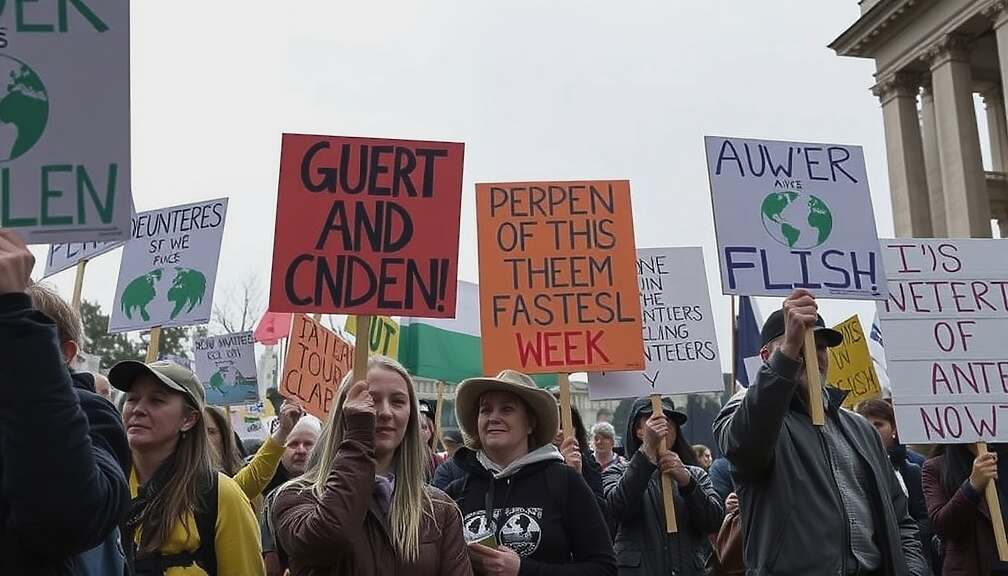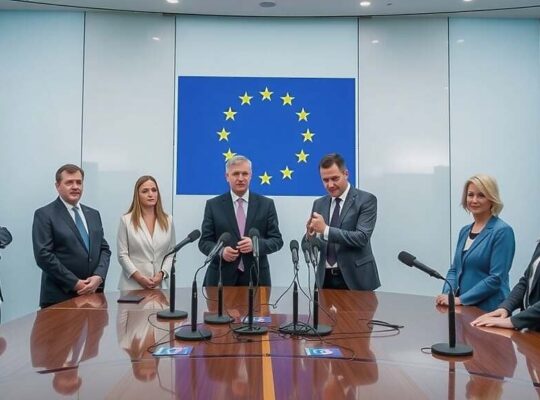The upcoming EU leaders’ summit presents a critical juncture for climate action, with pressure mounting on German Chancellor Friedrich Merz to champion ambitious targets for 2040. Greenpeace Germany has publicly urged Merz to leverage the meeting to demonstrate tangible commitment to climate protection, arguing that a robust 2040 climate goal would signal Europe’s dedication to shielding its populations from increasingly severe extreme weather events. As Chancellor of the EU’s largest member state, Merz’s role is pivotal in securing this ambition.
The European Commission’s proposal in July, outlining a 90% reduction in emissions by 2040 relative to 1990 levels, remains subject to approval from member states. This process has already experienced significant delays, with a decision deferred by EU environment ministers in September following resistance from Germany and France. This failure to meet the deadline for submitting National Determined Contributions (NDCs), a commitment stipulated by the Paris Agreement, casts a shadow over the EU’s credibility and its pledged climate action.
Greenpeace warns that the absence of a firm, ambitious climate goal before the upcoming World Climate Conference would send a profoundly negative signal to the global community. To achieve the 90% emissions reduction previously enshrined in the German coalition agreement, the organization insists that Merz must abandon his challenges to the EU’s ban on new combustion engine vehicles. Kaiser contends that this demonstrates a prioritization of short-term gains for the automotive industry over the legally enshrined rights of future generations.
This escalating conflict is rooted in deeper legal considerations. A 2021 ruling by Germany’s Federal Constitutional Court highlighted that the accelerated consumption of Germany’s remaining carbon budget, necessary to limit global warming to 1.75 degrees Celsius, constitutes a severe infringement upon the freedoms of future generations. The European Court of Human Rights reinforced this argument in 2024, setting a 1.5-degree benchmark. Furthermore, a recent advisory opinion from the International Court of Justice in July 2025 emphasizes the need to account for historical emissions. Currently, the Federal Constitutional Court is evaluating a constitutional complaint questioning the necessity of even more stringent climate objectives.
This complex legal landscape underscores the significant political and social challenges surrounding climate action within the EU, particularly as diverging national interests hinder coordinated action.












